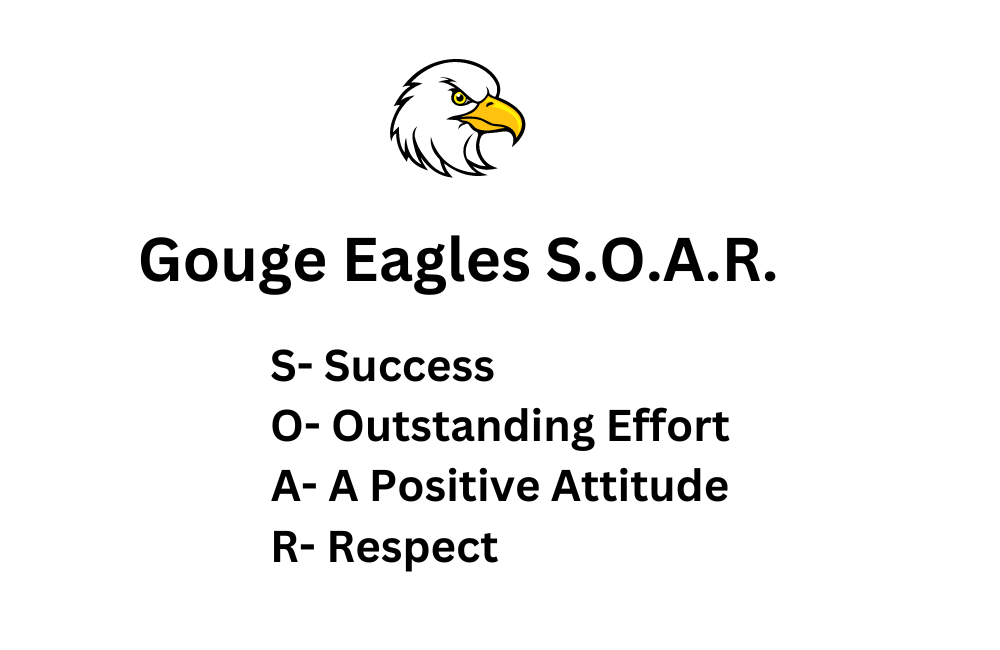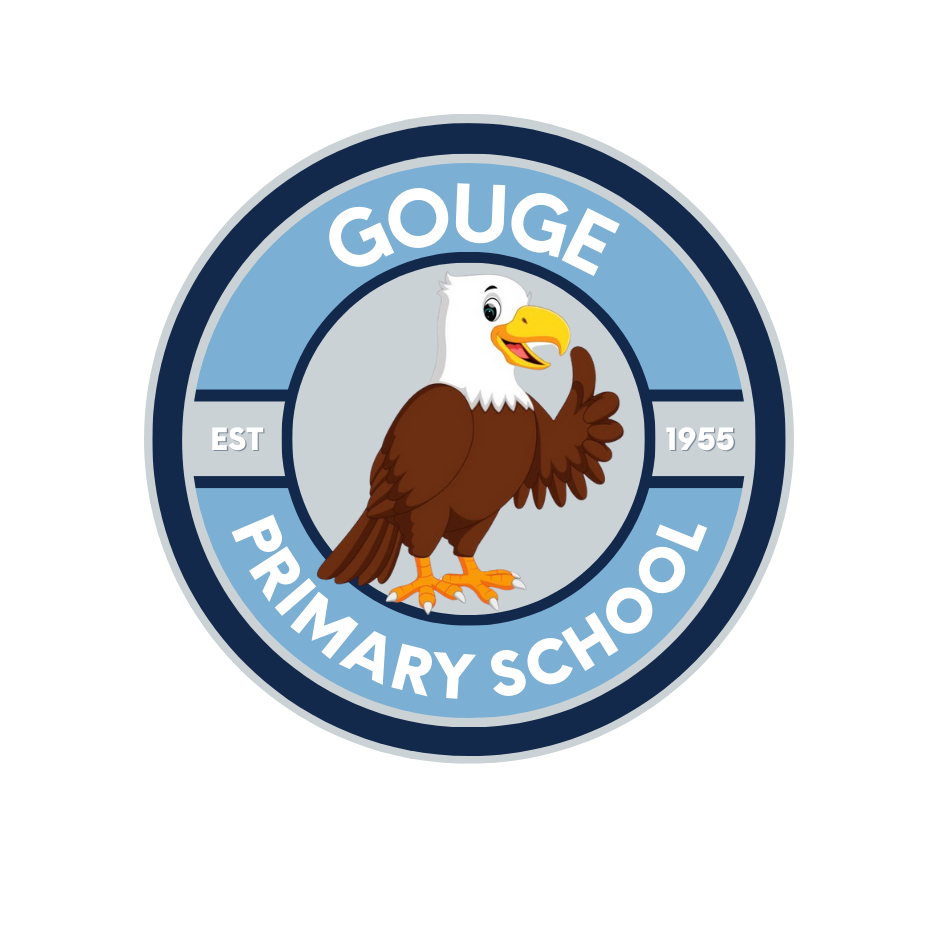
MTSS
What is MTSS?
Multi-tiered System of Support (MTSS)
Process of systematically documenting the performance of students as evidence of the need for additional services
changes the way schools support students with learning and behavior problems by systematically delivering a range of interventions based on demonstrated levels of need
"The practice of providing high-quality instruction and interventions matched to student need, monitoring progress frequently to make decisions about changes in instruction or goals, and applying child response data to important educational decisions" (Batsche et al., 2005)
Considers environmental factors as they might apply to an individual student's difficulty, and provides services/intervention as soon as the student demonstrates a need
New way to think about both disability identification and early intervention assistance for the "most vulnerable, academically unresponsive children" in schools and school districts (Fuchs & Deshler, 2007, p. 131, emphasis added)
encompasses and integrates PBIS and RtI into a comprehensive system
What is RtI?
Response to Intervention (RtI)
Multi-tiered approach to the early identification and support of students with learning needs
Focused primarily on addressing academic problems
Struggling learners are provided with interventions at increasing levels of intensity to accelerate their rate of learning
Provided by a variety of personnel, including general education teachers, special educators, and specialists
Progress is closely monitored to assess both the learning rate and level of performance of individual students
Decisions about the intensity and duration of interventions are based on individual student response to instruction
Designed for use when making decisions in both general education and special education, creating a well-integrated system of instruction and intervention guided by child outcome data
Essential Components of RtI
High-quality, scientifically based classroom instruction - all students receive high-quality, research-based instruction in the general education classroom.
Ongoing student assessment - universal screening and progress monitoring provide information about a student’s learning rate and level of achievement, both individually and in comparison with the peer group. These data are then used when determining which students need closer monitoring or intervention. Student progress is monitored frequently to examine student achievement and gauge the effectiveness of the curriculum. Decisions made regarding students’ instructional needs are based on multiple data points taken in context over time.
Tiered instruction - a multi-tier approach is used to efficiently differentiate instruction for all students. The model incorporates increasing intensities of instruction offering specific, research-based interventions matched to student needs.
Parent involvement - Schools implementing RTI provide parents information about their child’s progress, the instruction and interventions used, the staff who are delivering the instruction, and the academic or behavioral goals for their child.
What is PBIS?
Positive Behavior Interventions and Supports (PBIS)
Schoolwide systems of support that include proactive strategies for defining, teaching, and supporting appropriate student behaviors to create positive school environments
Instead of using a piecemeal approach of individual behavioral management plans, a continuum of positive behavior support for all students within a school is implemented in areas including the classroom and non-classroom settings (such as hallways, buses, and restrooms)
Application of a behaviorally-based systems approach to enhance the capacity of schools, families, and communities to design effective environments that improve the link between research-validated practices and the environments in which teaching and learning occurs
Areating and sustaining Tier 1 supports (universal), Tier 2 supports (targeted group), and Tier 3 supports (individual) systems of support that improve lifestyle results (personal, health, social, family, work, recreation) for all children and youth by making targeted behaviors less effective, efficient, and relevant, and desired behavior more functional
